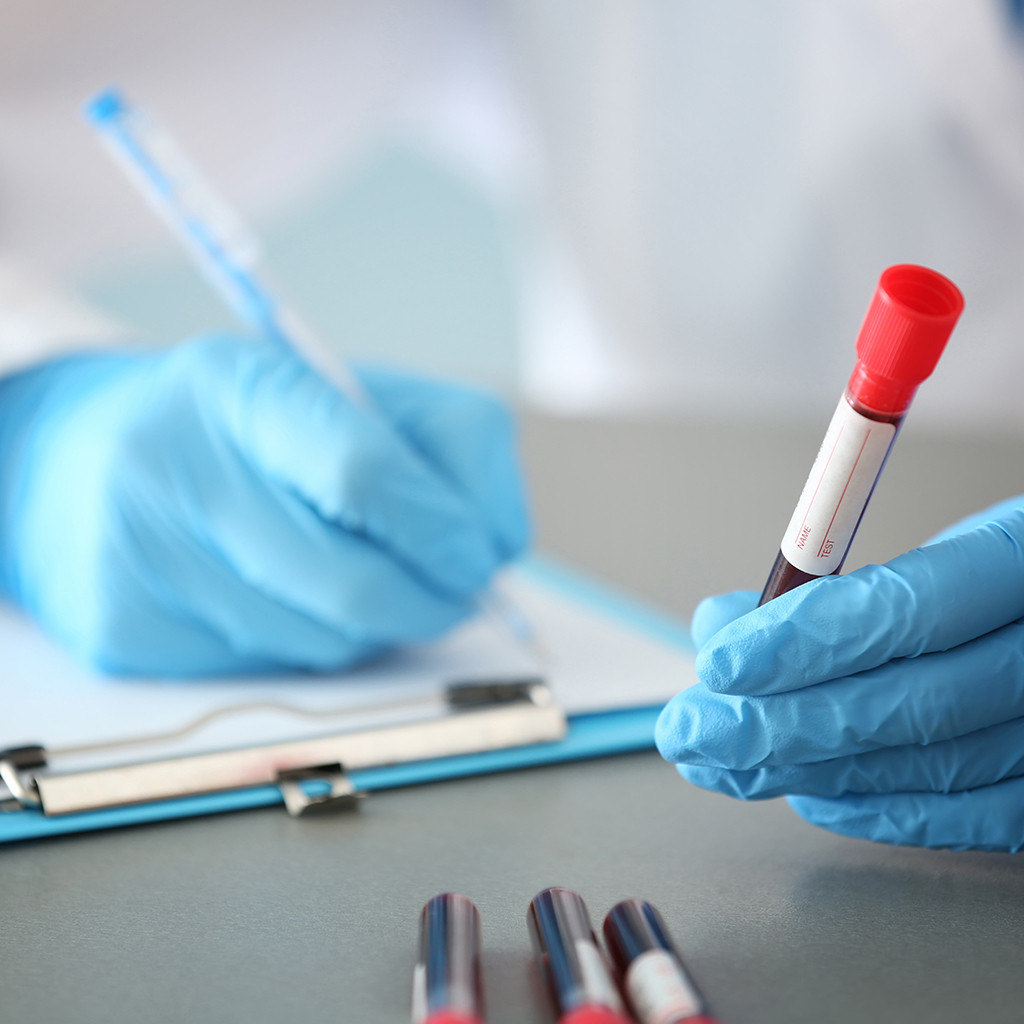On World Sepsis Day 2023, I wrote an article raising awareness of this devastating illness, and shared the work being courageously undertaken by Martha’s parents, after Martha sadly and avoidably lost her life to sepsis at just 13 years old.
Since then, Matha’s parents have been raising awareness of the importance of early detection of sepsis, after the inquest into Martha’s death confirmed that she could have survived with better care at King’s College Hospital London. Her parents have been campaigning for Martha’s Rule to be implemented across NHS Hospitals in England, to avoid other families suffering the same tragic loss.
The aim
The aim of Martha’s Rule is to implement a system giving seriously ill patients easy access to a second opinion if their condition worsens. I was relieved to hear today in the BBC article: Martha's rule to be introduced in NHS hospitals from April - BBC News that the government have backed these plans, and that this will be rolled out across the NHS from April 2024.
Matha’s mother, Merope, told the BBC News that the new system would save lives, and mean her daughter had not died in vain.
The BBC explained that around two-thirds of hospitals will initially be able to apply to participate in the scheme, amount to around 100 hospitals in England.
We act for clients affected by sepsis
At Tozers, we act for a number of clients who have been affected by sepsis, resulting in catastrophic injuries or avoidable death. A delay in identification of the red flags alongside early diagnosis and treatment is critical to the outcome. The option of a second opinion could be crucial to early detection and treatment, and along with Matha’s parents, we hope this will save lives.
I have recently been instructed by the parents of a little boy, who had been unwell for a few days, but his condition worsened, and a rash appeared. Following their own instincts, they attended an emergency department, where they explained the signs, symptoms and worsening condition of their son and invited an examination of the rash. This was declined, they were reassured and left to wait for further assessment. Within a few hours, his condition rapidly deteriorated, and he died in his mum’s arms, with his dad by his side.
My clients have been following the campaign of Martha’s parents, and the progress being made with regards to Martha’s Rule. Today, they were encouraged by the introduction of Martha’s Rule and told me:
“We’re really pleased to hear that the government has backed the introduction of Martha’s Rule. We lost our little boy to sepsis, last year, and feel our concerns about his health were not listened to or acted on quickly enough. We hope that, by empowering parents to be able to seek a second opinion, fewer parents have to experience the same trauma and grief of unexpectedly losing a child to sepsis.”
Under the new scheme, participating hospitals will be provided with government funding for posters and leaflets, informing patients and their families of the ability to ask a team of critical-care medics for a “rapid review” of treatment.
NHS England explain that the reviews will be carried out by a senior doctor or nurse, who specialise in patients whose conditions may be deteriorating.
NHS England chief executive Amanda Pritchard told BBC News:
"NHS teams have been piloting ways to better identify and respond in these cases, over the last year, and the rollout of a national programme to give patients and families 24-7 access to a rapid clinical review will now help ensure that those experiencing acute deterioration can be identified and treated much more quickly.”
"While the need for escalation will hopefully only be needed in a small number of cases, I have no doubt that the introduction of Martha's rule has the potential to save many lives in the future."
I hope that the scheme will be rolled out to the remaining one third of hospitals in England, and I am encouraged to see that there are ongoing proposals to adapt Martha’s Rule for community hospitals and mental-health trusts.
I hope that this new scheme will reduce “avoidable” deaths and ensure everyone has a greater understanding of the signs and symptoms of sepsis, as well as their right to seek a second opinion.
How we can help
If you or a family member have been affected by medical negligence contact our specialist medical negligence lawyers, we will help you to recover appropriate compensation and secure your future.





